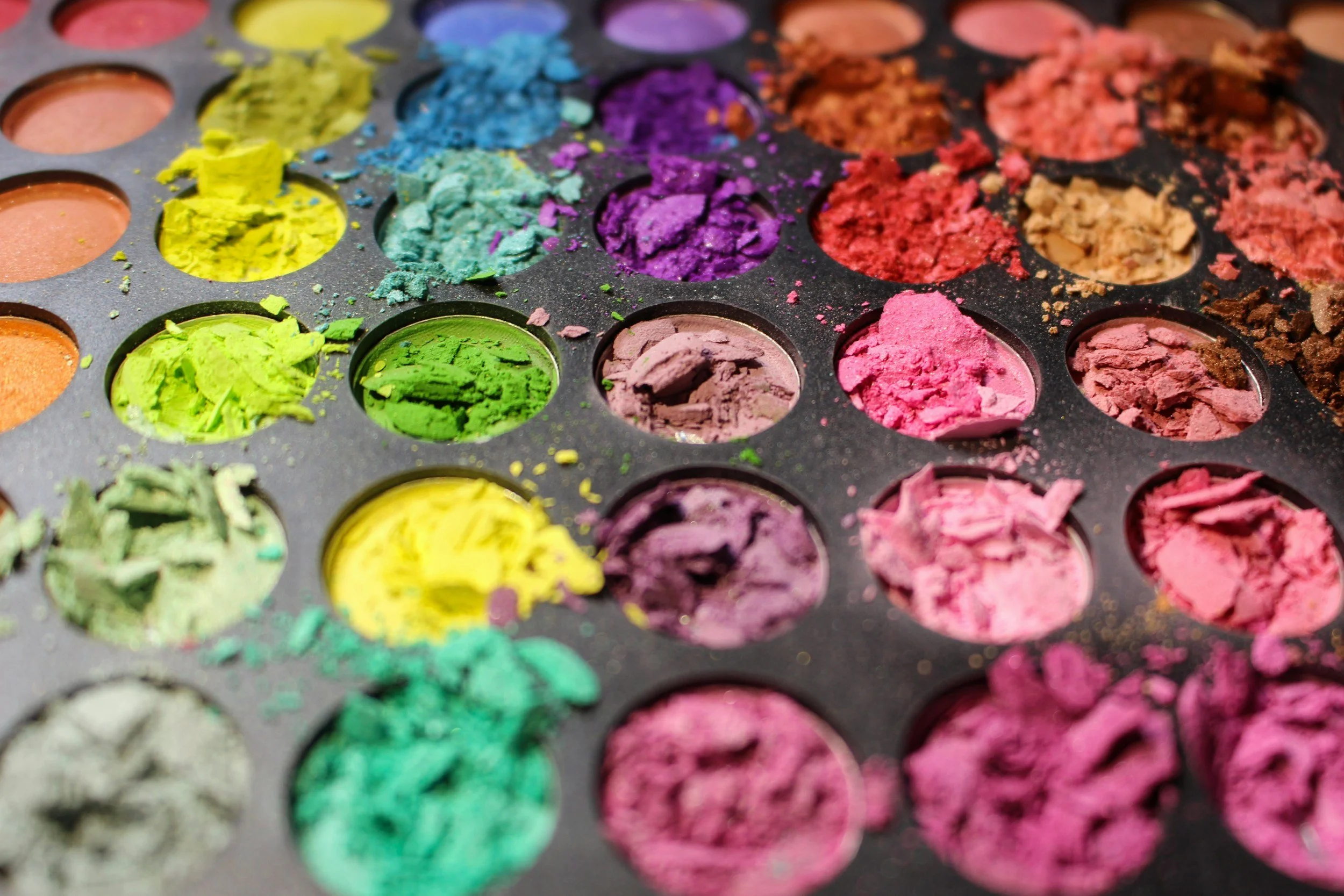Cozy sweaters. Hot chocolate. Holidays focused on food and gifts. Waking up to a snow-covered lawn. For some people, winter is the literal best time of year. But it’s a whole different story for the SAD people. The winter months bring about colder weather and shorter days, which means seasonal depression/anxiety or (SAD) seasonal affective disorder for some people.
You Might Be a Perfectionist
It’s natural to want to succeed at the things you do. But when does striving for achievement become perfectionism?
Perfectionist tendencies are the combination of wanting to do our best, while simultaneously feeling like we never actually do.
Having high standards and wanting to pursue excellence can be helpful qualities. Without them, one could argue, everyone and everything would stay mediocre.
But this is different from perfectionism, which is less about an excellent result, and more hyperfocused on not making any mistakes or having flaws.
When perfectionists make mistakes, they feel like a complete failure, fixate on the negative, and have anxiety or depression over their perceived flaws.
When people with high standards make mistakes, they forgive themselves, see it as “part of the process,” learn from it, and are not deterred from their pursuit.
How can you tell which one you are?
What if You Made Friends with Your Depression?
If you’ve been living with depression, you have probably tried everything to get rid of it.
It’s not as easy as just “cheering up” or “focusing on the positive,” is it? Well-meaning friends and family love giving this advice, but obviously if you could, you would have by now! Instead, you’ve tried distracting yourself by trying to constantly have fun, avoiding uncomfortable situations and focusing on anything that could be considered “self-care” (whatever that means), or just giving in and staying in bed, hoping it would clear up.
Sometimes that works! But inevitably, it comes back. Then you’re not only depressed, but frustrated that you’ve “let” depression take over again, which makes you even more depressed, irritable, and exhausted.
It’s totally normal to avoid things that make us feel uncomfortable. Whether it’s physical pain like a toothache, or something hitting us in our emotional gut, like a bill we can’t afford to pay. For some, if left unchecked, this can lead to even more depression. Avoidance and procrastination can tend to make things worse, despite the fact that they are usually just coping mechanisms for situations that are overwhelming or feel out of our control.
The Only One-Sided Relationship You Should Ever Have
How New Traditions Can Help with Holiday Depression
If the end-of-the-year holiday traditions are bringing up conflicted feelings for you, you’re not alone. For many people, feelings of nostalgia can bring up regret; trying to create (or re-create) community can feel isolating; and even joyful activities can remind us of old pains that we usually try to ignore.
Anyone who has tried to maintain a holiday tradition in the wake of a loss or major life change can tell you: Trying to keep things as they were is its own kind of torture.









